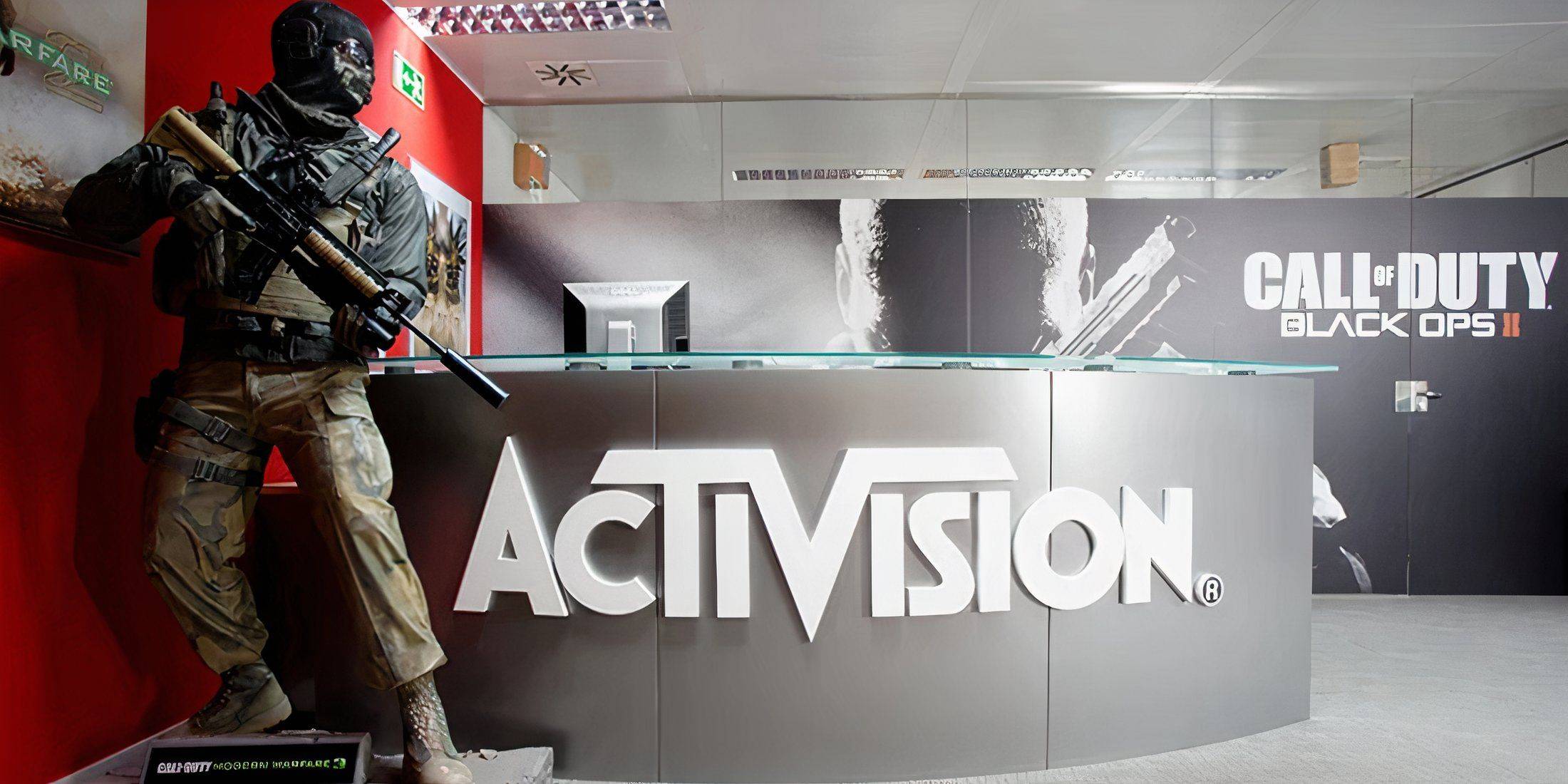
Activision Rebuts Uvalde Lawsuit Claims, Citing First Amendment Protections
Activision Blizzard has filed a robust defense against lawsuits linking its Call of Duty franchise to the 2022 Uvalde school shooting. Filed in May 2024 by families of the victims, the lawsuits contend that the shooter's exposure to Call of Duty's violent content contributed to the tragedy.
The May 24, 2022, Robb Elementary School shooting claimed the lives of 19 children and two teachers, injuring 17 others. The shooter, a former Robb Elementary student, was a known Call of Duty player, having downloaded Modern Warfare in November 2021. The lawsuit also implicated Meta, alleging its Instagram platform facilitated connections between the shooter and firearm manufacturers.
Activision's December filing, a 150-page response, vehemently denies any causal link between Call of Duty and the shooting. The company invoked California's anti-SLAPP laws, designed to protect free speech from frivolous litigation, seeking dismissal of the case. The publisher further emphasized Call of Duty's status as a constitutionally protected form of expression under the First Amendment, arguing that claims based on the game's "hyper-realistic content" infringe upon this right.
Supporting its defense, Activision submitted expert declarations. Professor Matthew Thomas Payne of Notre Dame University provided a 35-page statement contextualizing Call of Duty within the established tradition of military-themed entertainment, refuting the lawsuit's "training camp" characterization. A 38-page declaration from Patrick Kelly, Call of Duty's head of creative, detailed the game's development, including the substantial $700 million budget allocated to Call of Duty: Black Ops Cold War.
The Uvalde families have until late February to respond to Activision's extensive filings. The legal battle highlights the ongoing debate surrounding the relationship between violent video games and mass shootings, with the outcome of this case holding significant implications.















